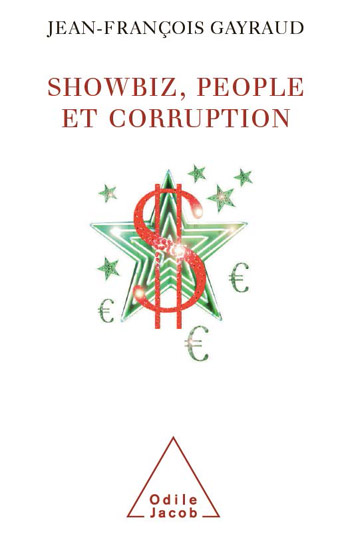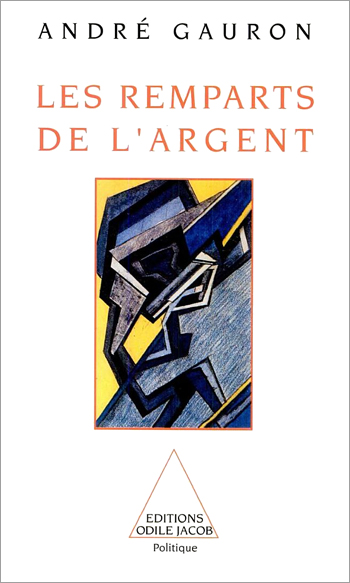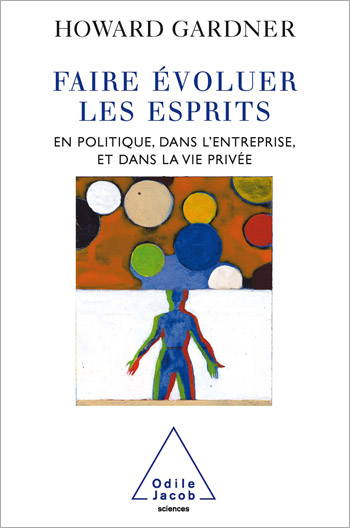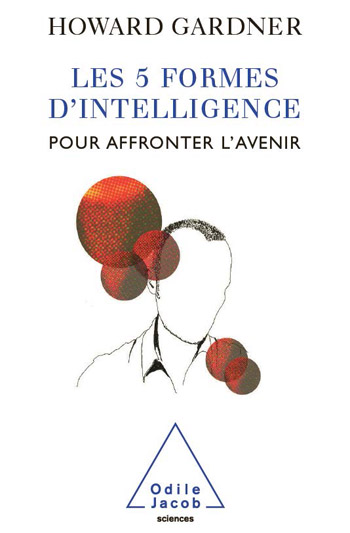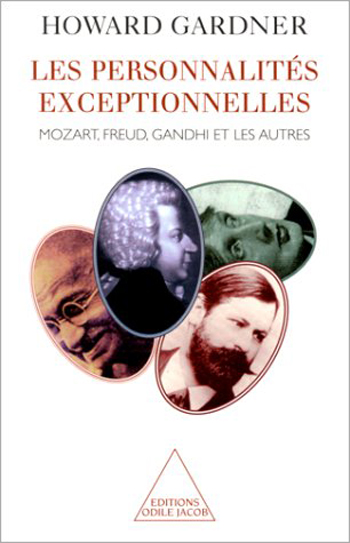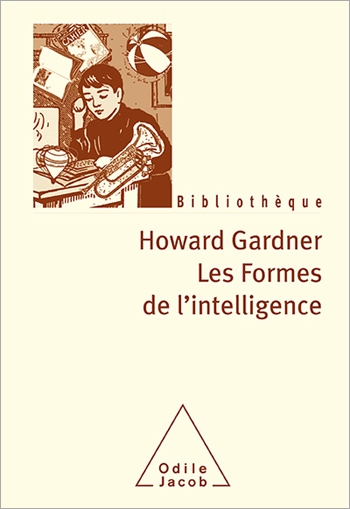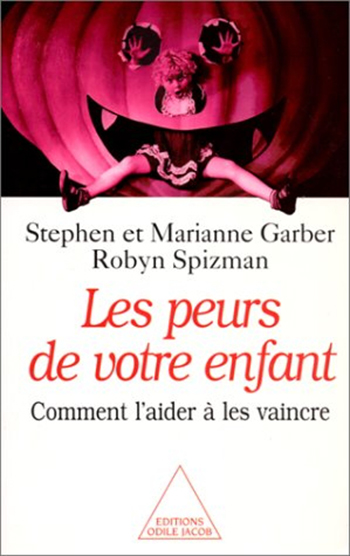Catalog All books
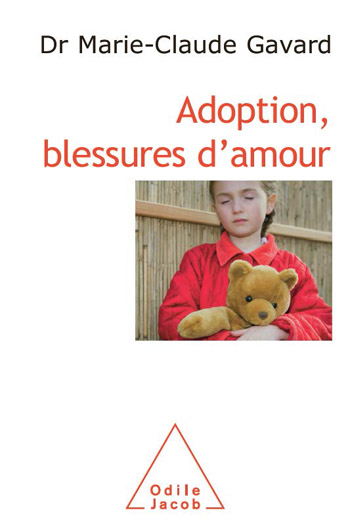
Marie-Claude Gavard
When Adoption Becomes a Nightmare
Defying the dominant view on adoption, the author lays bare the psychological difficulties involved.
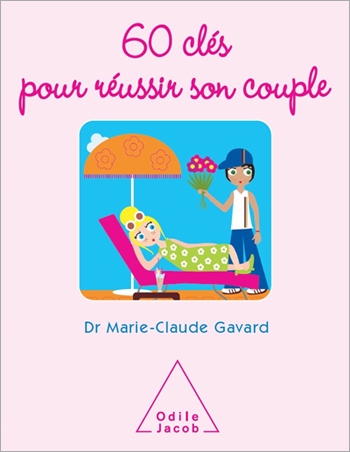
Marie-Claude Gavard
Sixty Ways to Make Your Relationship a Success
In 60 points, the author explains how to rebuild a solid relationship.
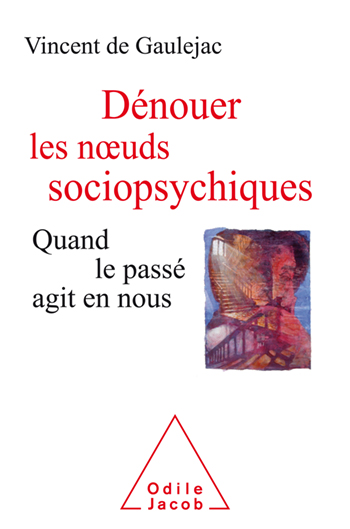
Vincent deGaulejac
Untangling Psychic Knots When the Past Acts in Me
This reflection is supported by very rich clinical material: victims of military dictatorships in South America; mothers of jihadists; people suffering from mental disorders, etc…
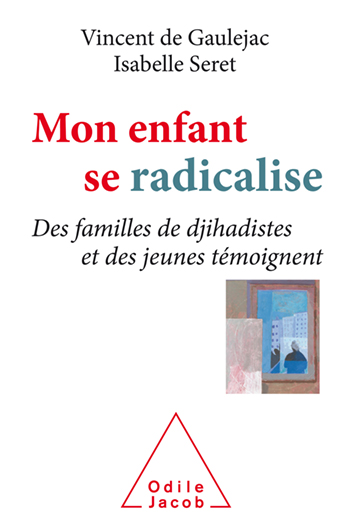
Vincent deGaulejac, Isabelle Seret
Preventing Radicalization: Jihadism, Terrorism
Undertaken first in Belgium shortly after the attacks that occurred in that country, this approach has received a great deal of attention from public authorities, and is seeing increasing interest in France, given the failure of de-radicalization policies.
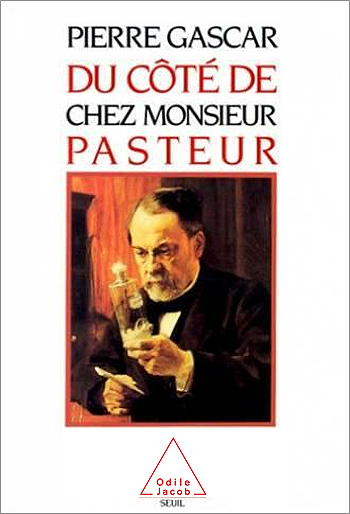
Pierre Gascar
A Look at the Home of Monsieur Pasteur
The spirit which inspired Pasteur's work is kept alive by the Institut Pasteur in Paris. From the discovery of the rabies virus and vaccine, to the Nobel Prize winning work of the Paris school of molecular biology, P. Gascar traces the history of an institution which has formed some of the finest biological minds of the century.
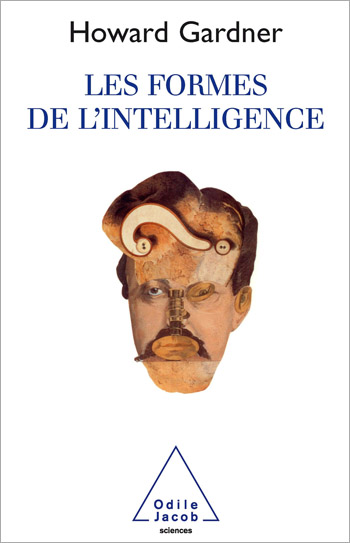
Howard Gardner
Multiple Intelligences
What is intelligence ? A precise, measurable and well-defined faculty ? No, says Howard Gardner, there a many different kinds of intelligence constituting the unique cognitive profile of each individual. This book opens new horizons for those who believe that intelligence is a phenomenon far too complex to be measured by simple I.Q. texts and explores new ways of comprehending human nature. Howard Gardner is a professor at Harvard University in the United States.
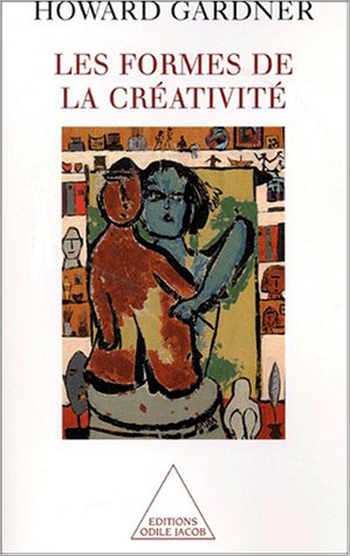
Howard Gardner
Creating Minds An Anatomy of Creativity Seen Through the Lives of Freud, Einstein, Picasso, Stravinsky, Eliot, Grah
What is creativity? Do there exist psychological traits common to all creative geniuses? Can one characterize creativity in different forms and in different areas? It is impossible to respond to these questions without examining variegated and specific cases of creative genius: artistic, literary, scientific and even political. Thus, Gardner proposes seven psychobiographies characteristic of each type of genius: Freud, Einstein, Picasso, Stravinsky, T.S. Eliot, Martha Graham, and Gandhi. What were the different paths that they chose? How did their creative spirits work? Howard Gardner is a cognitive psychologist.
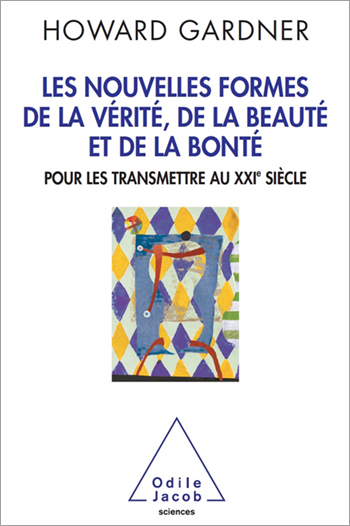
Howard Gardner
Truth, Beauty, and Goodness Reframed Educating for the Virtues in the Twenty-First Century
Truth, Beauty, and Goodness Reframed is an approachable primer on the foundations of ethics in the modern age.
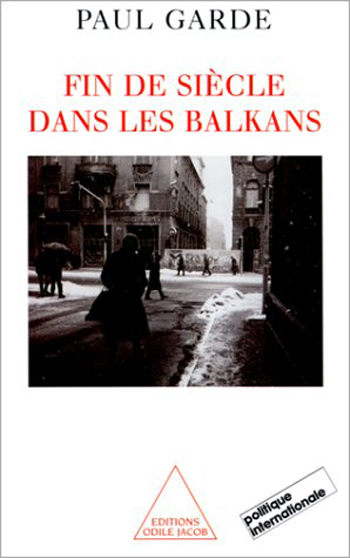
Paul Garde
The End of the Century in the Balkans
Fortunately, the situation is less tragic in 2000 than it was in 1992. There is no more fighting. And yet, none of the problems have been resolved and several conflicts remain pending. In two regions, Bosnia and Kosovo, peace is maintained thanks to a powerful international presence; hundreds of thousands of refugees have no hope of returning to their homes; most of the main criminals of war are still at large; and intolerance and poverty are widespread. It is thus necessary to make a correct diagnosis of the problems of the region, where surprises are always possible. I would be happy if this book could help contribute toward this. Paul Garde Paul Garde is a former professor of Slavic languages and literature at the University of Provence, France.

